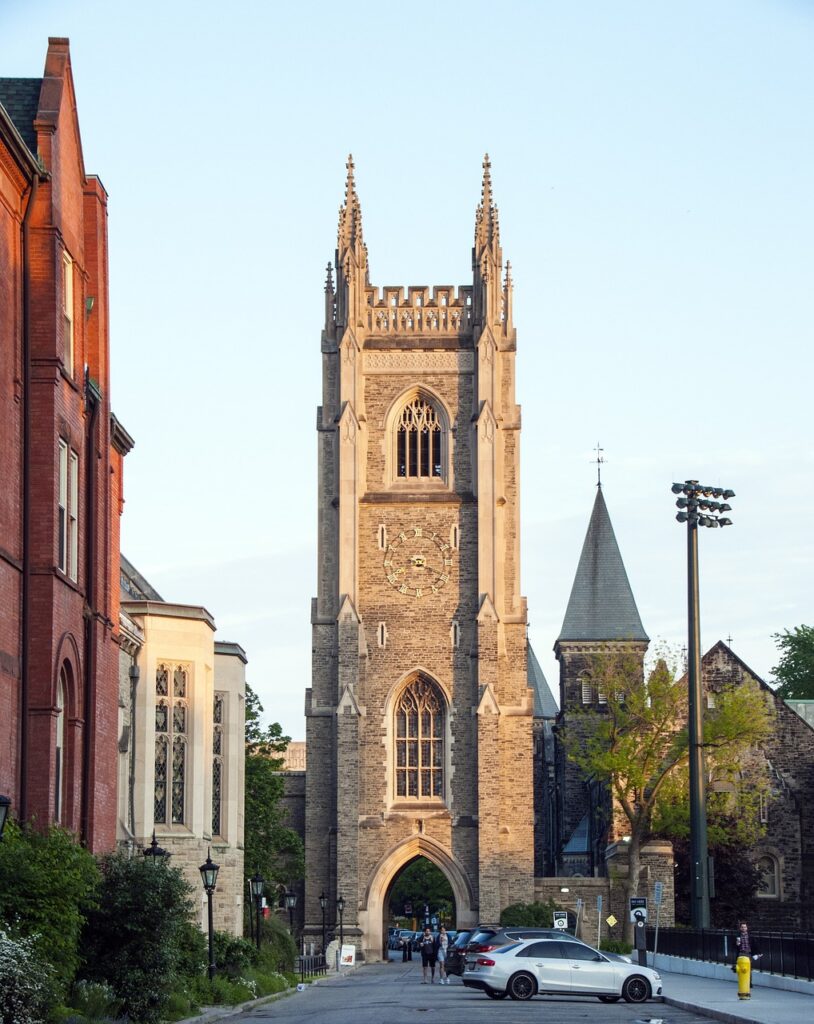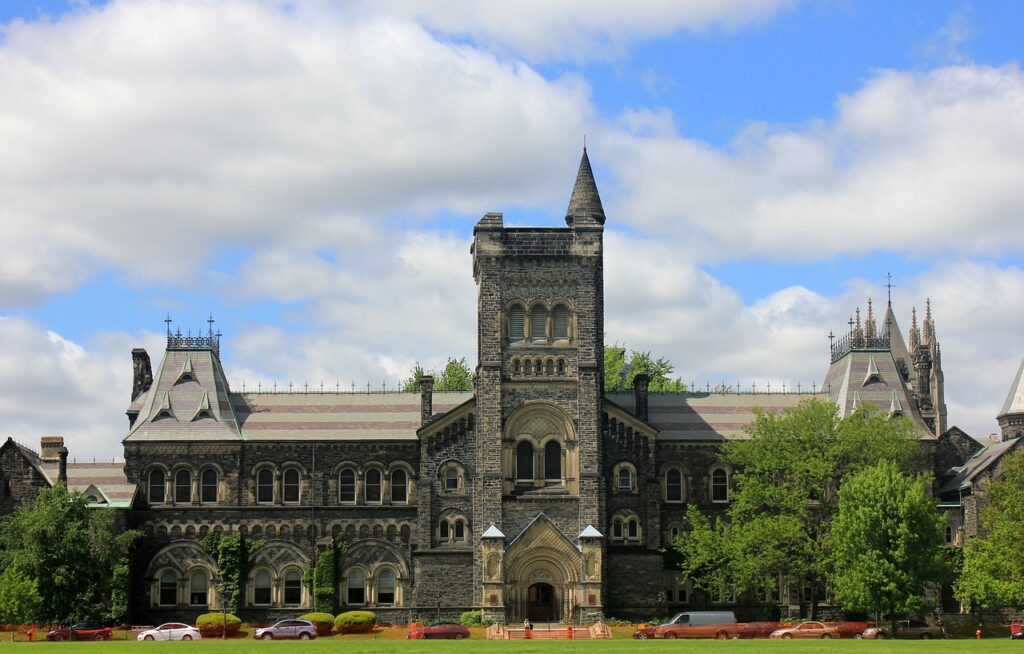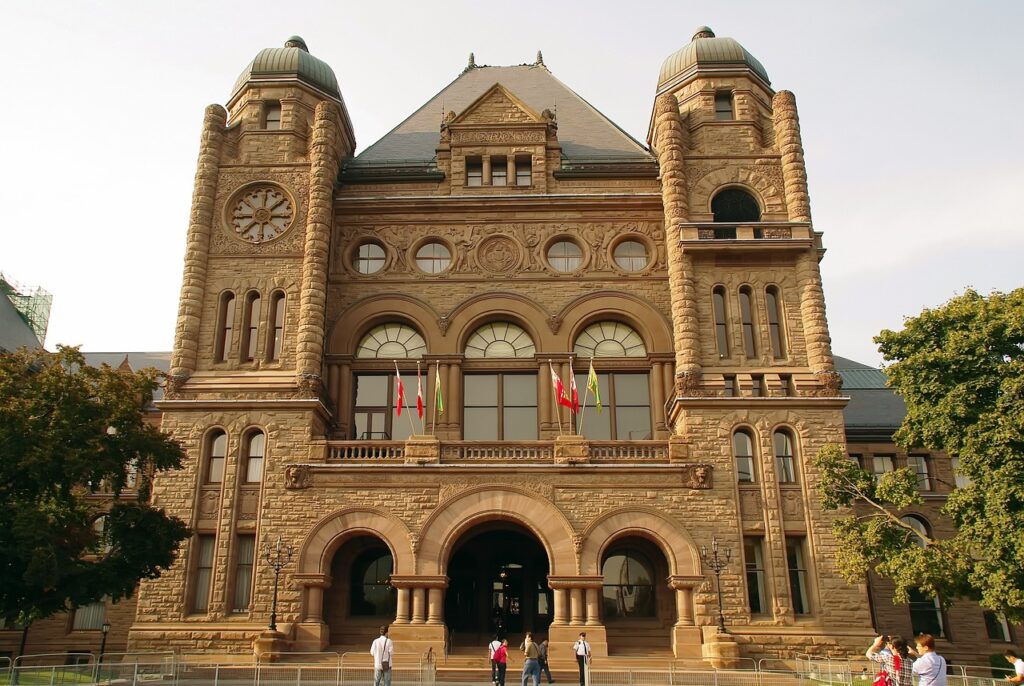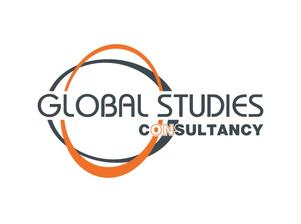best educational consultancy in Hyderabad

Facts about Canada
Location: Canada is the second-largest country located in North America.
Multicultural Society: Canada is known for its diversity and multiculturalism, with a rich tapestry of Indigenous peoples, immigrants, and their descendants from all over the world.
Bilingualism: Canada is officially bilingual, with both English and French recognized as official languages at the federal level.
Maple syrup: Canada is the world’s largest producer of maple syrup, with most of it coming from the province of Quebec.
Hockey: Ice hockey is Canada’s most popular sport and is considered part of the country’s cultural identity.
Peacekeeping: Canada has a long history of peacekeeping efforts and has been involved in numerous international peacekeeping missions.
High Quality of Life: Canada consistently ranks high in quality of life indices, with a strong healthcare system, excellent education, and overall high standard of living.
Inventions: Canadians have invented a number of things that have had a significant impact globally, including the telephone (Alexander Graham Bell), insulin (Frederick Banting and Charles Best), and the Canadarm (a robotic arm used on the Space Shuttle).
Eligibility Criteria for Higher Education in Canada
Qualifications for higher studies in Canada vary depending on the level of education you’re pursuing (undergraduate, graduate, or postgraduate), the institution you’re applying to, and the specific program you’re interested in. However, here are some general requirements:
Academic Qualifications: You’ll typically need to have completed a certain level of education before applying for higher studies in Canada. For undergraduate programs, this usually means having completed secondary education or its equivalent. For graduate and postgraduate programs, you’ll typically need to have completed a bachelor’s degree or its equivalent.
Language Proficiency: Since English or French are the primary languages of instruction in Canadian universities, you may need to demonstrate proficiency in one or both of these languages. This is usually done through standardized tests such as the IELTS, TOEFL, or Cambridge English exams for English, and TEF for French.
Standardized Tests: Depending on the program and institution, you may need to take standardized tests such as the SAT (for undergraduate programs) or the GRE/GMAT (for graduate programs). Some specific fields may require additional tests, such as the LSAT for law or the MCAT for medical studies.
Letters of Recommendation: Many graduate programs require letters of recommendation from professors or employers who can speak to your academic abilities and potential.
Statement of Purpose/Personal Statement: You may be required to submit a statement of purpose outlining your academic interests, career goals, and reasons for applying to the program.
Transcripts: You’ll need to provide official transcripts of your academic records from previous institutions attended.
Visa and Immigration Requirements: If you’re an international student, you’ll need to meet the visa and immigration requirements set by the Canadian government.
Financial Proof: You may need to provide proof of financial support to cover tuition fees and living expenses while studying in Canada.
Specific Program Requirements: Certain programs may have additional requirements, such as portfolios for art or design programs, auditions for performing arts programs, or interviews for certain professional programs.


